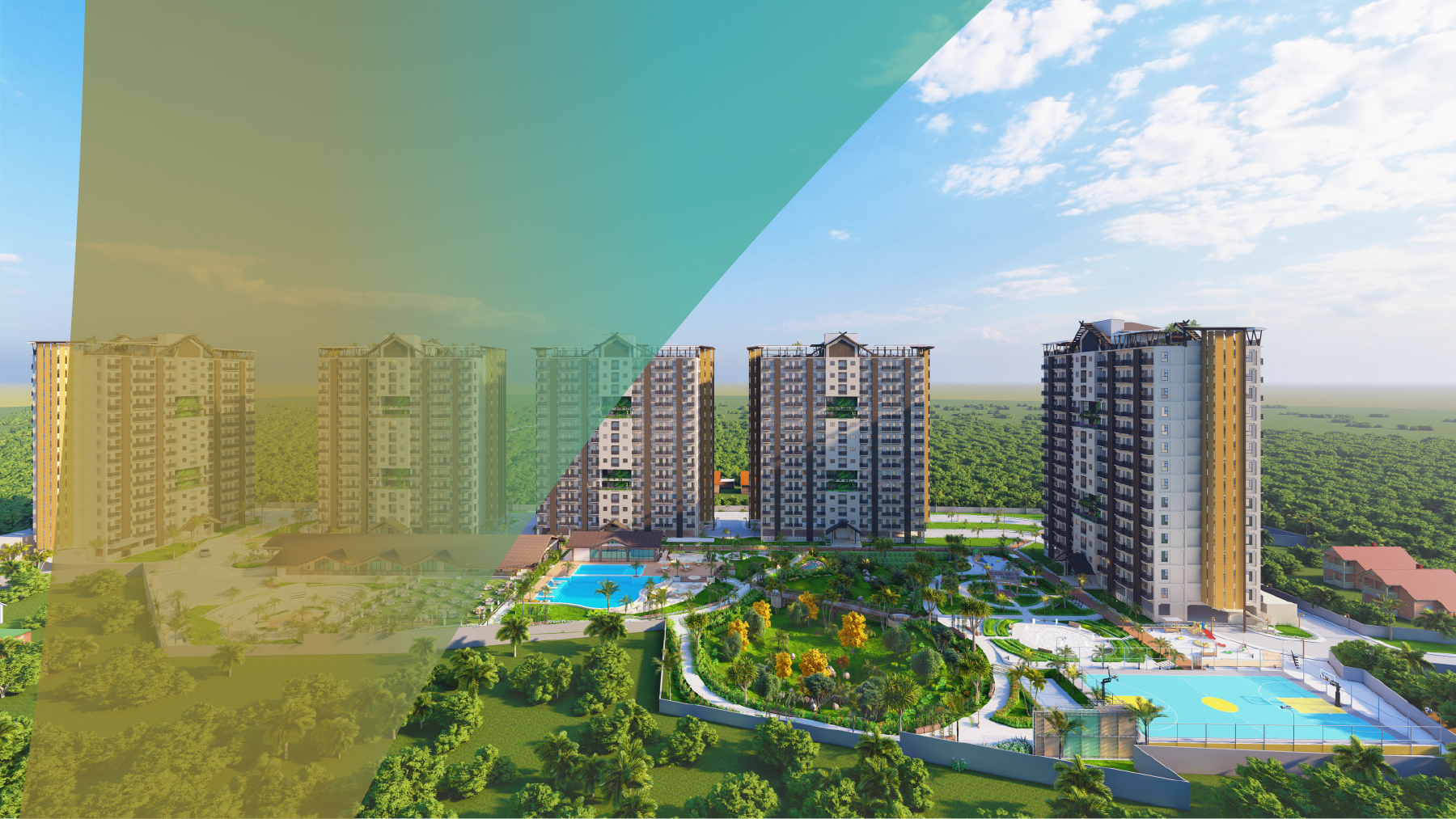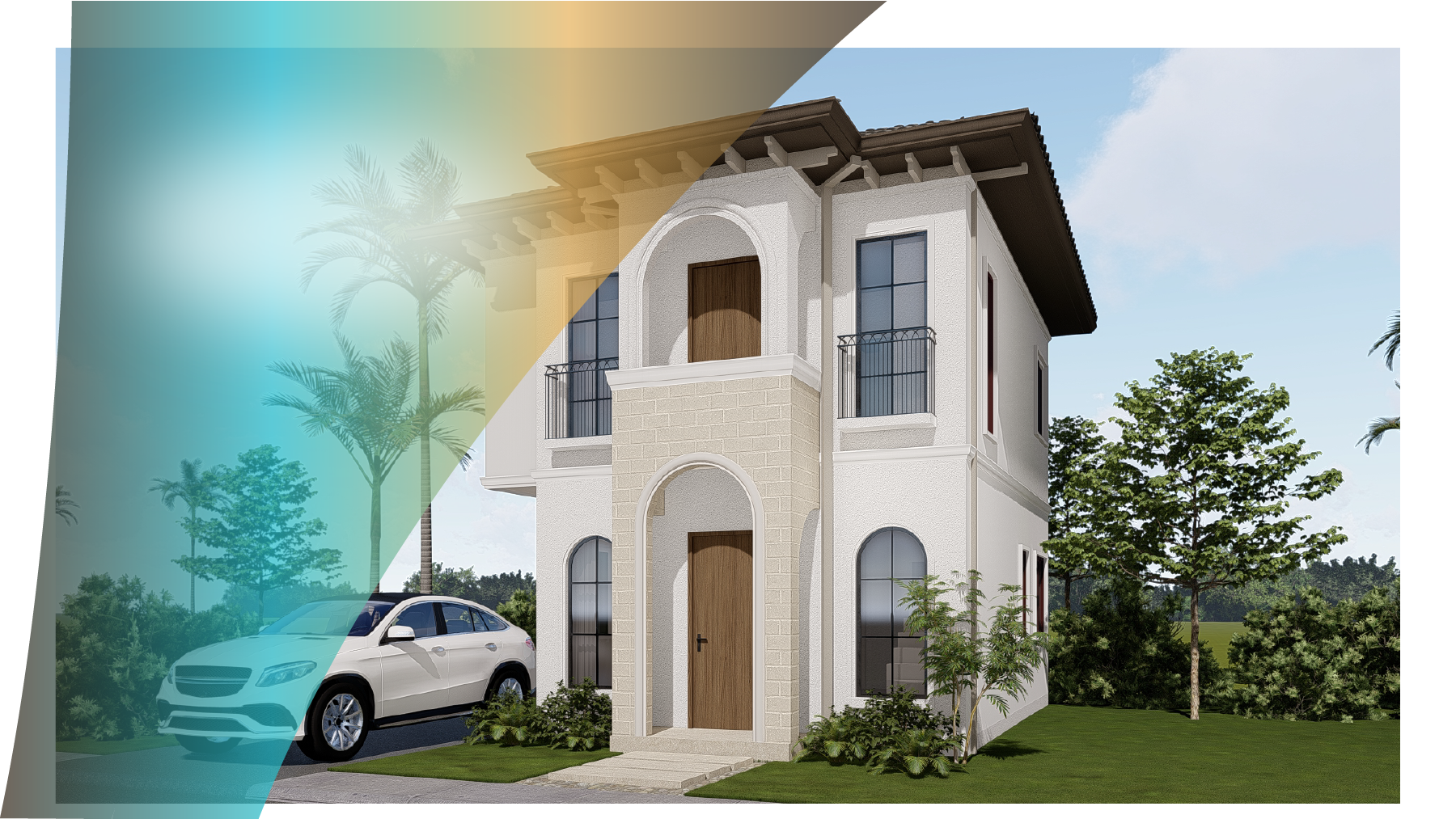
Home has always been a gathering place, shelter, and sanctuary, providing an escape from the busyness and intrusiveness of the world. Much thought about, treasured, and longed for as an anchor of our existence, home has been the subject of abundant written works and other cultural products. We might reasonably suppose, therefore, that home is a readily understood concept and source of universally positive feelings.
On closer investigation, however, neither of these assumptions is found to be true. The concept of home is constructed differently by different languages; dwellings are built and lived in very differently by diverse groups; and many individuals have negative or mixed emotions in regard to their experiences of home life. To embrace all of the nuances of meaning, outlook, lifestyle, and feeling that attach to home is a daunting task, but it greatly enriches our perspective on the world.
For an instance, drive around many new neighborhoods, and you often see the same thing: street after street of behemoth homes, most that look like they came off an assembly line. Oddly, these homes are often occupied by small families, spreading everyone out into different rooms, limiting interaction. Even in older neighborhoods, especially in larger cities, smaller homes have been torn down, wanted only for the lot they sit on. In their place, gigantic structures are erected.
However, since the recession hit, more people are realizing that small is beautiful. With energy bills and living costs constantly rising, living small also means living affordably. And for many, this is the most appealing aspect of living in a smaller home. There are tons of benefits you can get by living in smaller homes.
First, one would be, it is more energy-efficient. Smaller homes are often more energy efficient because they have less space to heat and cool, which means they have a lower ecological footprint. Second, less cleaning and maintenance required. Fewer rooms’ means less time spent on cleaning and home maintenance. This has been a huge perk for my family, since it means we spend more time outdoors, doing things we love. Third, cozy and Intimate. Unlike the often gigantic rooms, small homes have small rooms. This gives each room, as well as the entire house, a feeling of coziness and intimacy that larger homes lack. Fourth, cheaper smaller homes are less expensive to live in. For instance, our 1920 home design doesn’t have air conditioning, and I wouldn’t use it even if it did. Most small homes built before the 1940s were designed to stay cool using shade and cross-ventilation. During the summer months we live on the front porch, keep the windows open day and night, and use fans. During the summer, I usually spend less than 1000 pesos per month on electricity. Lastly, smaller homes are more unique. We also chose a smaller home because we didn’t like the feel of the neighborhoods containing bigger homes. There are few trees, and the homes have a “cookie-cutter” appearance. Furthermore, the houses are set far back from the street, which means it would be harder to get to know the neighbors. Few, if any, have front porches big enough to sit and visit on. And none of them are within walking distance to town; we would have had to drive everywhere we wanted to go. Big and grand just isn’t our style.
Yes, there maybe are challenges, and sometimes it feels like one of those handheld puzzle games where you move the square tiles — shifting stuff from one place to the next to figure out where everything should go (especially during this renovation stage). But I’d still rather deal with that over filling extra rooms with things just because we have the square footage. Everybody would love looking around and knowing that everything is necessary and needs to be here.
More space and more stuff also mean more cleaning, repairs, and a heavier mental load of household chores. This is especially true for women, who continue to do more housework than men, even when they work outside the home or — appallingly — when sharing a home with an unemployed man. A bigger house means more to mow, more to vacuum, more to clean of course.
Everything I have mentioned can be found in a place where you will not only feel safe and secure but will have this calming sense of happiness and contentment. Richwood Homes Bohol has it all sum up together. For if I was to choose, I’d sit down and encourage that younger self to buy something just a bit smaller with a different layout. Richwood Homes would probably cost less, but it would have lower property taxes and lower insurance. It would also require less time and effort for maintenance. And I wouldn’t actually lose any genuinely useful living space.
Would I listen? Probably not. What I would hope for instead is that I would give more careful thought about my home purchase and what we really needed, which in the end is the purpose of this article I made.
If you’re considering a home purchase, give some thought to a home on the smaller end of the spectrum. A smaller home will save you money and save you time and it’ll likely not reduce the living space you use every day. But what’s far more important is how we perceive our homes and what we do within and around our homes. So no matter where you live or in what size house you live, for more happiness avoid comparisons with other, bigger or better homes and focus more on what you have, and worry less about what you don’t have.





.jpg)
-min.jpg)

.png)
-(1).png)
.png)